One day, Alice came to a fork in the road and saw
LEWIS CARROL, ALICE IN WONDERLAND
a Cheshire cat in a tree.
“Which road do I take?” she asked.
His response was a question:
“Where do you want to go?”
“I don’t know,” Alice answered.
“Then,” said the cat, “it doesn’t matter.”
This story of Alice in Wonderland is a wonderful metaphor for many of the farming enterprises that make up the agricultural base of our great nation. A dairy farmer is a dairy farmer because he is a dairy farmer. And what does he want? He wants more … preferably at a lower cost! This type of circular logic provides no direction for a business, is very difficult to plan around, and makes for cold comfort when times are tough. What we need is a direction. As Alice quickly realised, we need to know where we want to go BEFORE we can figure out how to get there. In the same way, dairy farmers need to know WHY they are farming not just HOW to farm.
As a business model, I find agriculture quite unique in that the lines between business and lifestyle are often blurred. Take “Corporate Clive” and “Farmer Frank”. “Corporate Clive” leaves the house each day, focuses on work till 5 pm, goes home, and focuses on his lifestyle, which is paid for by his job. He is able to “silo” his life and focus on family, then work in discrete events during the day. “Farmer Frank” wakes early, works till all hours, and is never truly able to separate his lifestyle from his farming work. “Corporate Clive” works with a host of other people all sharing a common vision and a goal. “Farmer Frank” must be visionary, architect, builder, and mechanic of his own destiny. He often feels inadequate and weighed down by the constant grinding pressure of it all.
What “Farmer Frank” needs in his life is a destination and a way to measure his success. I’m not talking short term goals like “drop vets costs by 15%” I’m talking about a picture of his success that is so clear he is able to paint it for every person that comes on to his farm. A picture so compelling that people are drawn to the dream and want to work in the same direction to get there. Frank will then be able to measure himself against his idea of success and know whether his plans and efforts are paying off.
Knowing where you are going will drive your decisions in very specific directions. Your destination informs the things you need to measure. This, in turn, can be used for benchmarking which can highlight possible flaws in your system. You can then plan training, systems, and standard operating procedures in order to give yourself and your staff the tools to overcome your challenges. It all starts with a destination. If that is unclear then you will find yourself jumping from idea to idea and wondering why nothing ever sticks.
Farms are owned and managed by people. Therefore no 2 farms will be alike. If your farm exists to care for your family and provide a safe haven and a wonderful lifestyle, you will make different decisions to your neighbour who might want to leave a legacy of being the biggest farmer in the country. You and your neighbour will have dramatically different visions for your business because you both have different destinations.
Consultancy vs coaching
Consultancy outsources technical aspects of the business: silage, financial services, fertiliser, semen, nutrition.
Consultancy is an outcomes-based operation. Concrete deliverables are agreed upon in the form of farm visits, reports, and plans. Consultancy is involved in the HOW of farming. Consultants often have experience, systems and skills that you do not possess and so are a critical part of your process. Great consultants also find time to help with the bigger picture.
Now consider a rugby coach. Cast your mind back to those halcyon days when we used to watch sport. Does the national coach have greater skills, greater stamina, or greater strength than the players on his team? Probably not. So why is a good coach so critical in the success of a team? Because he clarifies the picture of success and focuses the formidable skill of his players in a united direction.
Business coaching in no different. It focuses on the WHY, on the destination. It helps a business owner or manager to design the broader framework on which he can hang the different aspects of his business. It is a fairly new concept to agriculture but dramatically improves the mental health of the farmer and the ongoing success of the enterprise.
It is generally agreed (and obvious to those of us on the ground) that South Africa has the best farmers in the world. We have a lot of great farmers who know how to dairy farm. I suggest that our families, our staff, our industry and our country would benefit from developing a lot of great businesses that know where their farm is taking them.
I’d like to end with a gentle warning, for your rumination this week: “If you keep on going where you headed, beware, you might just get there!”
Alex Jenkins is a technical specialist in the ruminant team at Chemuniqué and holds a master's degree in animal science from the University of KwaZulu-Natal.
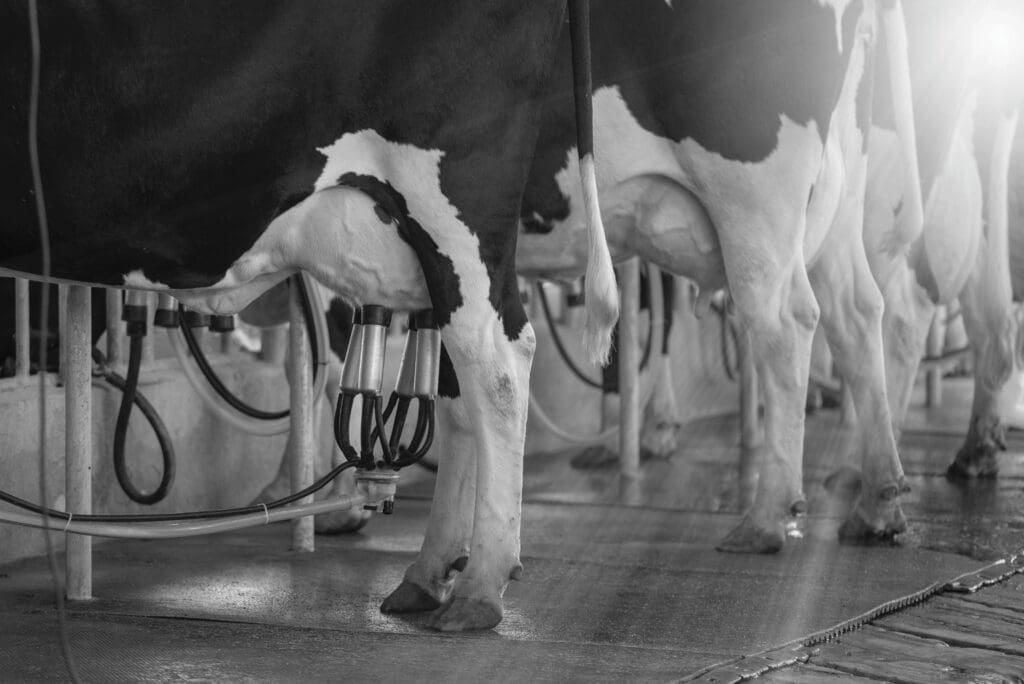


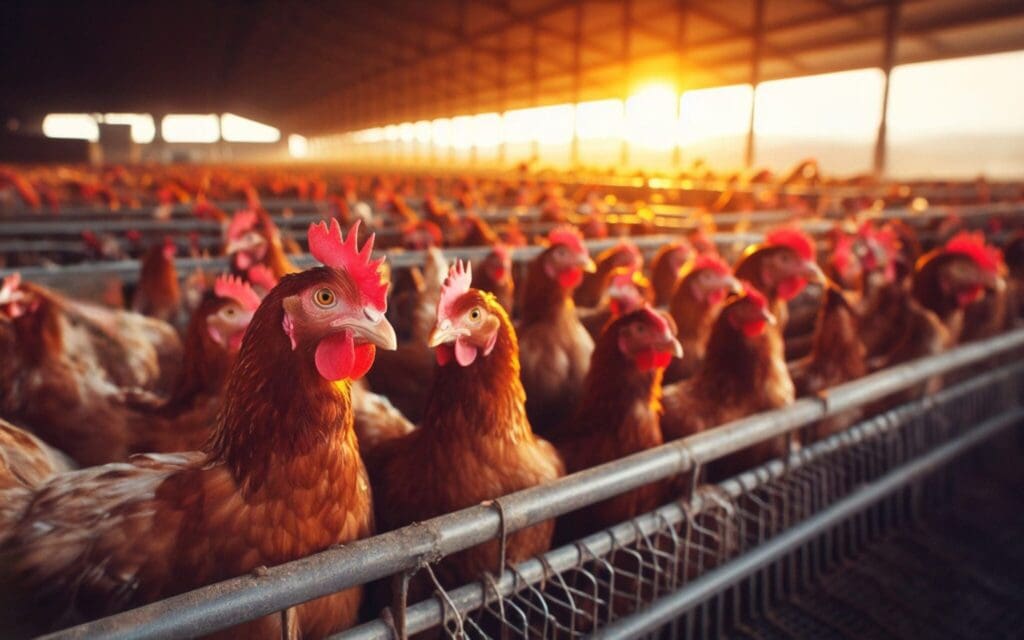
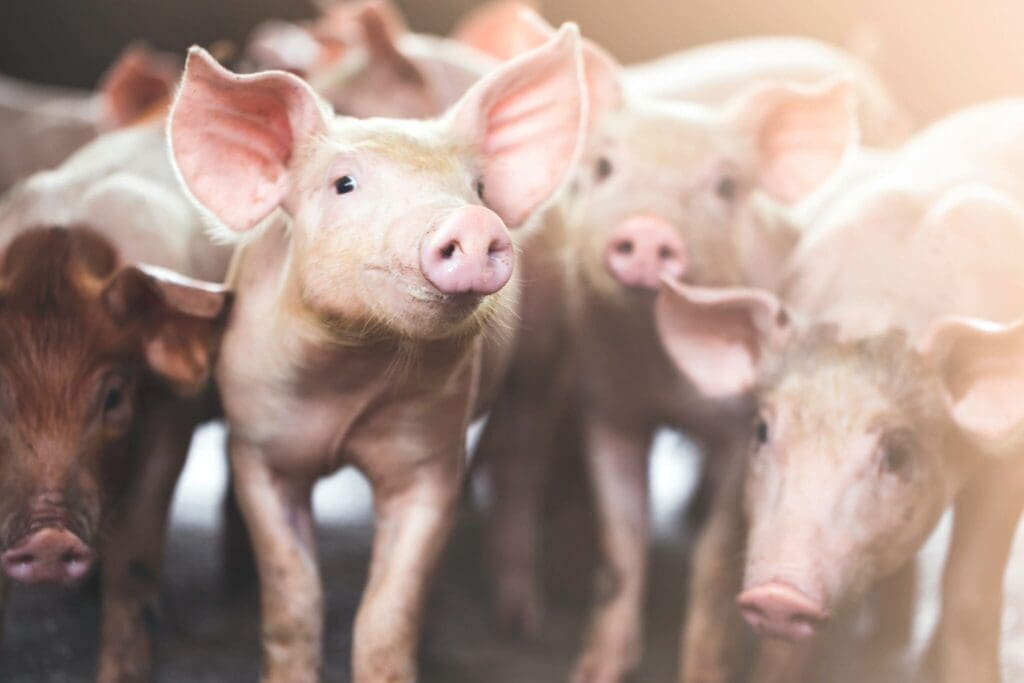
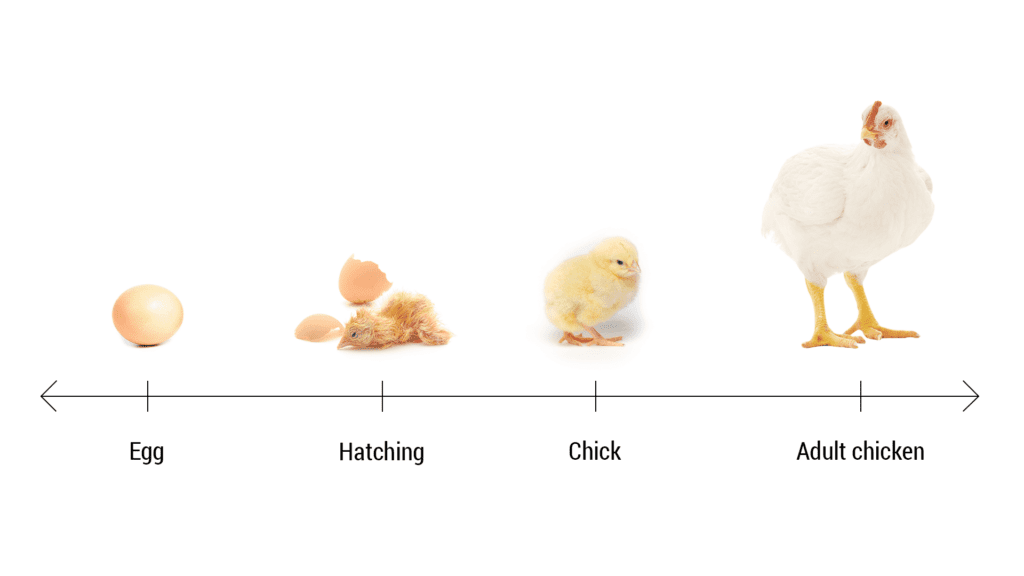

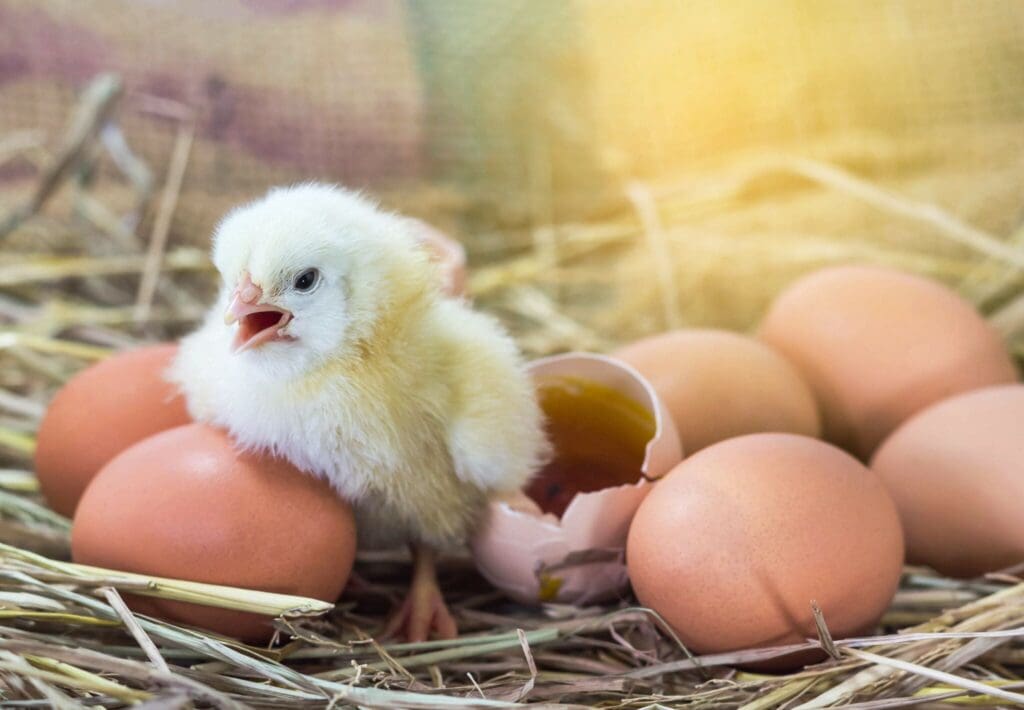
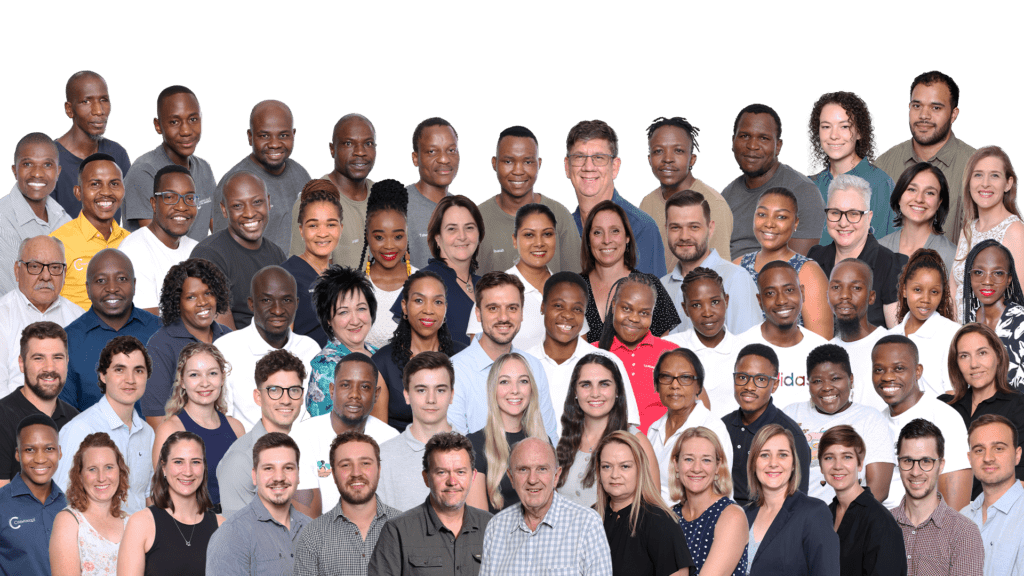

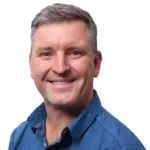
Wonderful article Alex!
Fantastic article and brings real direction to all businesses not only farmers